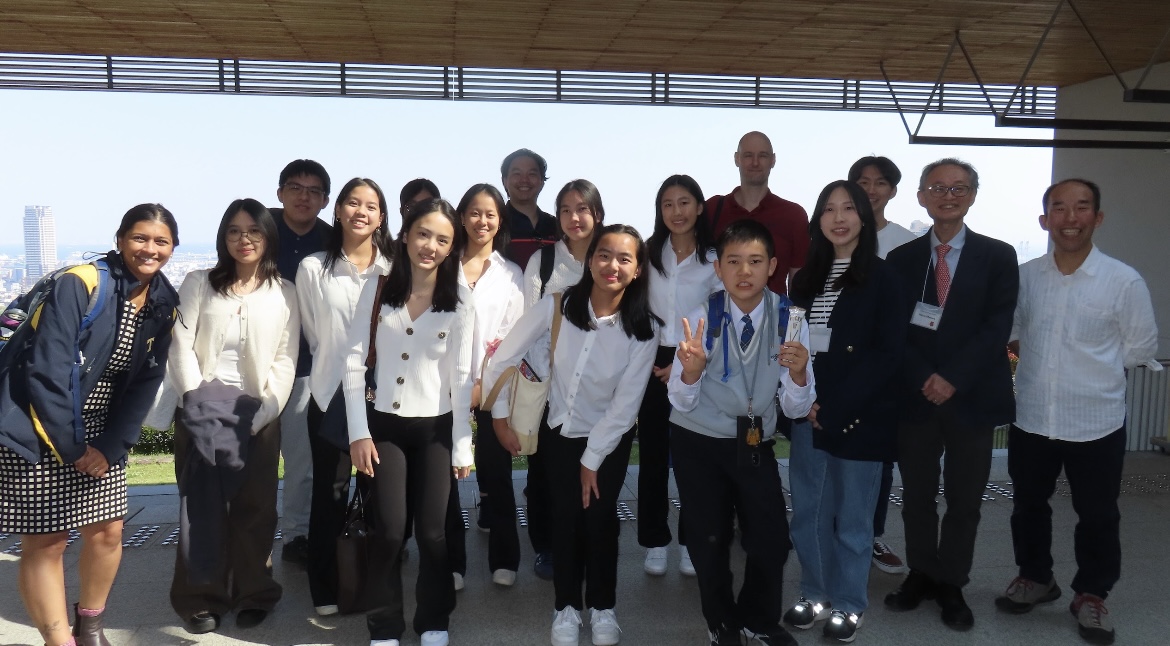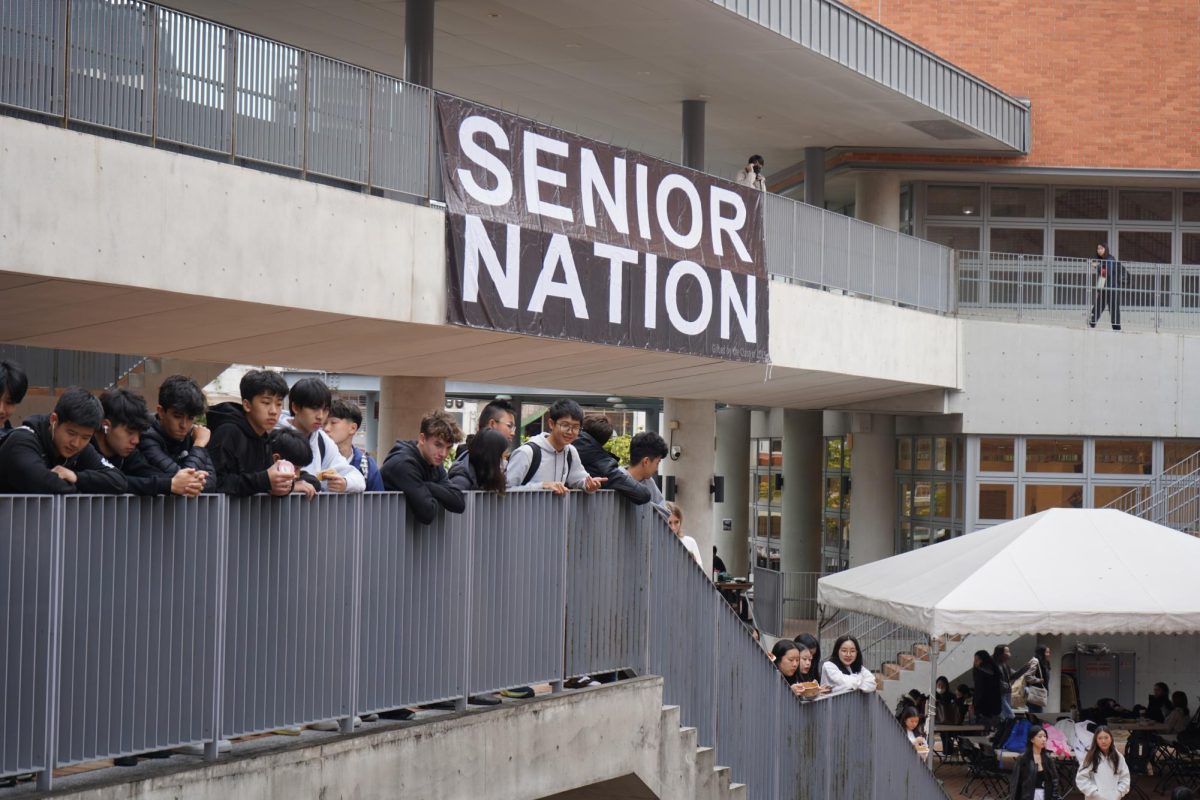In June, Edward Snowden, a private contractor working for Booz Allen Hamilton, leaked classified presentation slides that detailed the existence and the operations of PRISM: a mechanism that allows the government to collect user data from companies like Microsoft, Google, Apple, Yahoo, and others.
At Taipei American School, students respond to this story with: “I don’t really do anything bad on the internet, so why should I care?” Many Americans express similar sentiments. Latest poll done by TechCrunch with Google Survey showed that 51 percent of Americans believe that NSA spying is “acceptable” and that 56 percent feel that it’s more important to “investigate terrorist threats” than to “not intrude on privacy.” Other sources however like the AP poll conducted this July showed nearly 60 percent of Americans opposed the NSA collecting data about their telephone and Internet usage.
The American public opinions may be sharply divided but at TAS, but our generation really doesn’t rate privacy as something as essential or important anymore.
The internet has allowed information both personal and public to flow anywhere. Numerous students are setting Facebook privacy settings that are little to nothing. Twitter and Instagram accounts further this trend to be open, public, and free as students disable all privacy setting to allowing literally anyone to seeing their photos or tweets.
Many students expressed their concerns regarding the spying allegations but will not take action because they believe they are not major targets or are not doing anything illegal online. This is not the case in Spain. Snowden revealed that the NSA had tracked 60 million Spanish phone calls, a story that brought thousands of young Spaniards into the streets.
Snowden is currently living in Russia under temporary asylum as he is considered a fugitive by American authorities who have charged him with espionage and theft of government property.
The NSA issue covers an ever expanding range of issues from rights being violated to concerns over privacy and national security. While most of us don’t really take action or think much about this issue, we should remember, if we don’t speak up for everybody’s rights, we better be ready for our own rights to be trampled when we least expect. The debate can be about whether national security or privacy is more important but more importantly it can be about how our generation responds to such violations and concerns. And until now, we haven’t done much about it.
Privacy vs. Security? Or do we not care at all?
December 31, 2013
0




![[PHOTO COURTESY OF PIXABAY]](https://blueandgoldonline.org/wp-content/uploads/2025/03/white-18227_1280-1200x803.jpg)

![[PHOTO COURTESY OF PIXABAY]](https://blueandgoldonline.org/wp-content/uploads/2025/03/fire-6706674_1280-1200x800.jpg)
